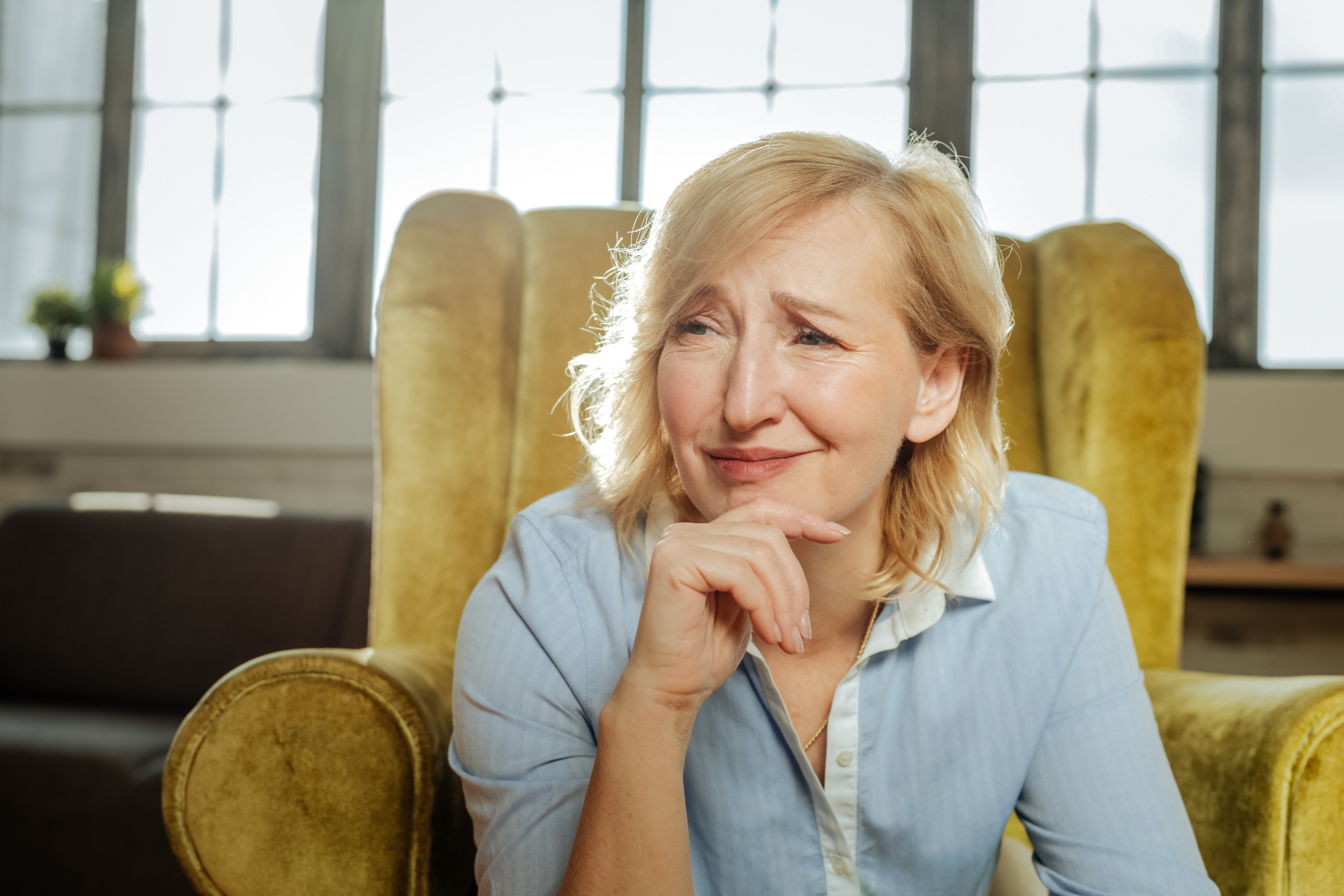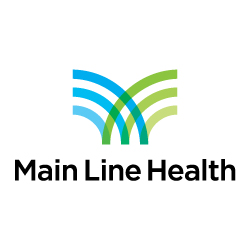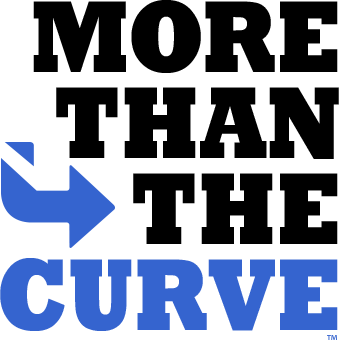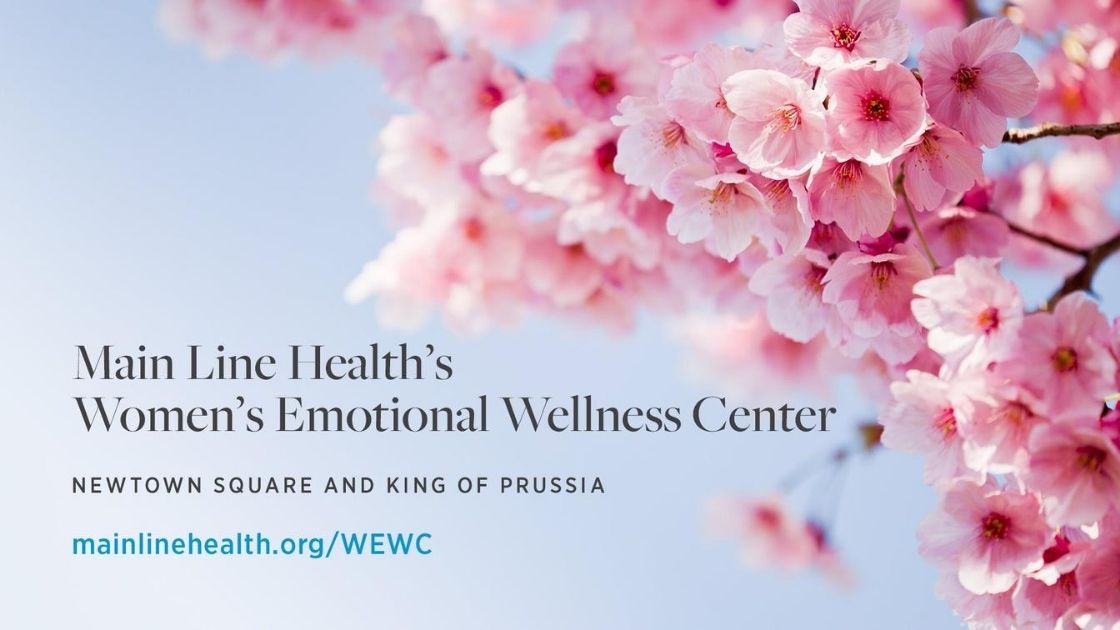No time in recent history have we had a global pandemic that lead to stay-at-home orders affecting 94 percent of the U.S. population, followed closely by social upheaval and activism on par with the Civil Rights movement. If ever there were a time to seek therapy because of external stressors and things feeling a little out of control, or even deep-seated, unaddressed issues—now would be the time.

Says Barb Catania of the Women’s Emotional Wellness Center (WEWC), part of Main Line Health, “For many people, just being at home with other family members—or by themselves—with the disruption of daily routine and ‘busyness’ is enough to drive up old anxieties, fears or resentments. Tempers flare, unsettled arguments come up again, and when you throw kids into the mix, you’ve got a whole recipe for family therapy!”
But for some people there’s still resistance to engaging in therapy.
Maybe a negative experience left a bad taste in their mouth or someone else’s story sounded nothing like their own. While TV and internet also do not do therapy any favors as the cast of characters could be anything from a therapist with a relentless Freudian stare or a patient who comes and goes as an emotional puddle. In spite of the fact that modern psychotherapy has gained increased social acceptance and usage over the last 70 years, there are still major misconceptions about the therapy experience.
Here are seven common myths about therapy.
Women’s Emotional Wellness Center, Part of Main Line Health, Offers Partial Hospitalization and Intensive Outpatient Programs
Our WEWC Women’s partial hospitalization program (PHP) is one of the only mental health PHP programs in the country known exclusively for women. It has been designed for women ages 18 and older whose mental health symptoms require more care than intensive outpatient services, but do not require the intensity of inpatient psychiatric hospitalization level of care.
Our PHP provides women with specialized mental health treatment based on three components:
- Group psychotherapy
- Psychiatry
- Individual psychotherapy
Our WEWC PHP skills-building and process-based curriculum is dialectical behavior therapy-, trauma- and mindfulness-informed. Treatment topics include emotional regulation, interpersonal effectiveness, resiliency building, distress tolerance, self-care and more.
Our intensive outpatient program (IOP) is for adult female patients ages 18 and older, whose mental health symptoms require more care than weekly psychotherapy, but who do not require the intensity of partial hospitalization. In a group environment, the IOP provides specialized therapy around issues pertaining to women, such as:
- Developing coping techniques for depression and anxiety
- Trauma
- Self-esteem building
- Regular self-care
- Grief and loss
- Communication
- Managing roles and responsibilities
- Societal pressures on women
Participants in the program are in treatment with other women from diverse backgrounds, ages, ethnicities and experiences. Together, with guidance from the group leader, this diversity fosters learning, sharing and growing.
The IOP consists of group therapy three days a week and is unique compared to area programs in that it is exclusively for women. Upon discharge from our Women’s IOP, patients immediately step down into our IOP Alumni outpatient group for ongoing support, reinforcement of concepts learned in IOP, and to assist in ongoing self-care and development as patients return to their regular daily schedules.
If you are a new patient looking to schedule a PHP or IOP evaluation, please call Central Intake at 888.227.3898. For more information on the program, visit mainlinehealth.org/wewc and facebook.com/groups/WEWCMLH.


